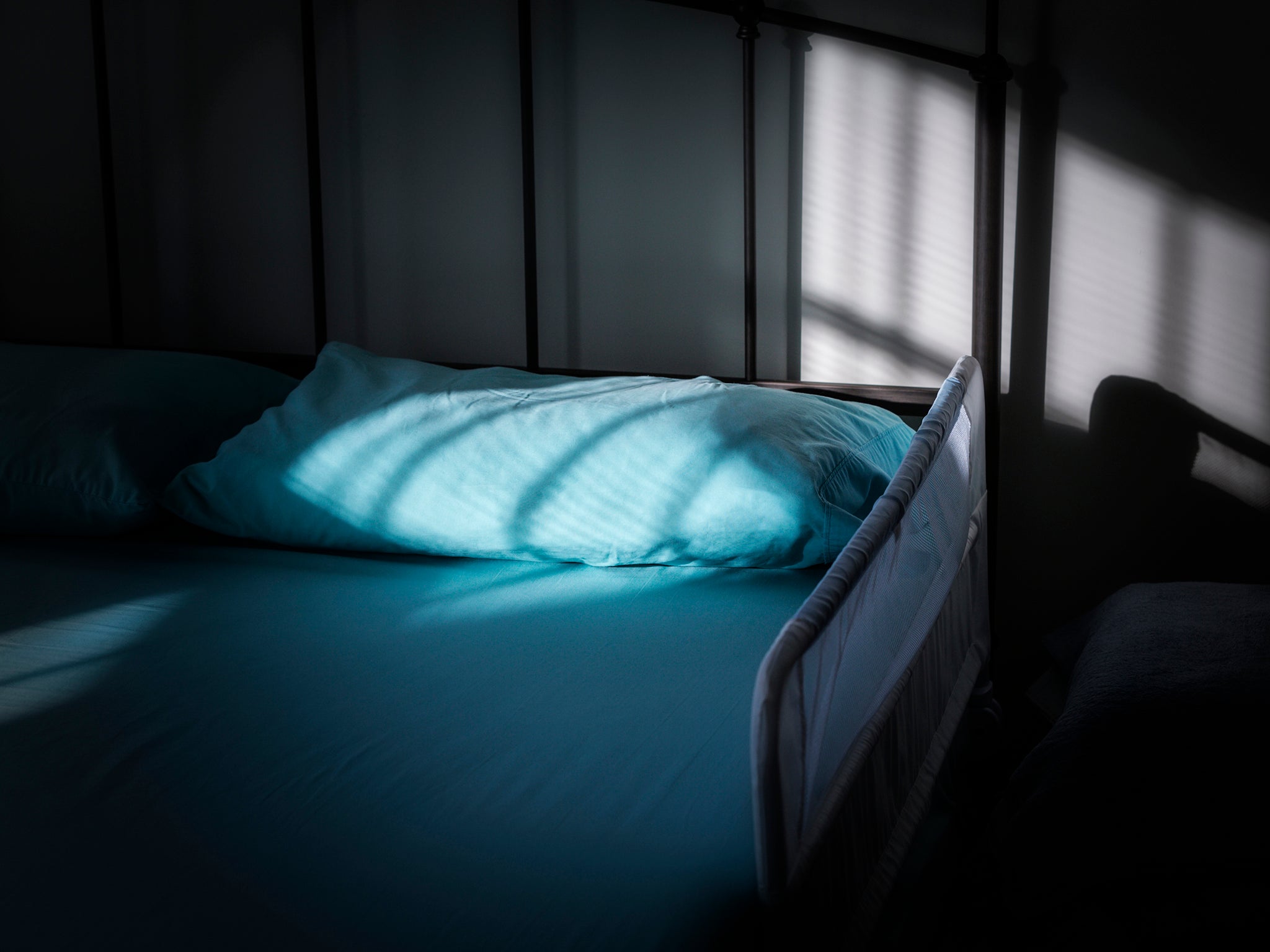Teenage girl takes own life in UK's first suicide in secure children's home for 20 years
Girl dies in same week as 17-year-old boy who died in his bedroom while staff were supposed to be checking on him

Children have died in “secure” homes for the first time in two decades after staff failed to look after them properly, a report has found.
The girl and boy, who were both 17, died at separate homes a week apart in February 2017.
The girl, known as child R, was put in a secure children’s home in Newton Aycliffe, County Durham, for her own welfare by her local council.
The Prisons and Probation Ombudsman (PPO) found that she tried to kill herself of self-harmed more than 100 times and showed a “serious intent to end her life”.
One lunchtime she claimed she wanted to sleep in her room, and staff checked on her every five minutes, but four hours later she was found with a ligature around her neck.
“Despite attempts to resuscitate her, she was declared dead shortly after being taken to hospital,” the report said.
“Child R was the first child to take her life in a secure children’s home in more than 20 years.”
The PPO found “deficiencies” in the way she was cared for and said welfare checks were inadequate.
Margaret Whellans, Durham County Council’s corporate director for children and young people’s services, said: “Our thoughts remain with the family of the teenager involved. We are co-operating fully with the coroner's inquest into her death and it would be inappropriate to comment while this is ongoing.”
The second death was of a boy codenamed child S, who was put in a secure home in Wales after being convicted of a crime.
He was found dead in his room from “unknown causes” weeks after being taken to hospital after suffering a seizure.
Staff were supposed to look through a window into his room every three minutes while he was sleeping, but by the time they discovered his body he had “been dead for some time”.
“Our investigation found that these checks had not been carried out as frequently as they should have been,” the PPO concluded.
“The wellbeing checks carried out on child S were ineffective as they failed to identify that he was no longer alive. Troublingly, some staff recorded that checks had been carried out when they had not.”
Overall, suicides in prisons, probation hostels and other accommodation investigated by the PPO fell by 37 per cent to 74 in the last financial year.
But PPO Elizabeth Moody warned that in the first six months of 2018-19 – which is not covered by the report, the figure started to rise again.
There were 45 suicides in the period, compared to 28 in the same time frame the year before.
“There isn’t any room for complacency because rates of violence and self-harm have continued to rise,” Ms Moody said.
“Common sense suggests the cuts in prison staff numbers had something to do with the rise in the number of deaths but when we looked in detail it wasn’t as simple as that.
“There was a rise in self-inflicted deaths across the board, including in high-security prisons protected from the cuts.”
She warned that there had also been a “marked increase” in inmates cutting and scratching themselves, as well as attempted hangings, overdoses and self-strangulation.
The report found that murders had almost doubled from four to seven in the year, and that levels of violence were at an all-time high in an “increasingly volatile and violent environment” worsened by falling prison staff numbers and the rise of “out of control” psychoactive substances.
Ms Moody said the watchdog was also seeing the “completely unexplained deaths of young men who seem to be well and then die unexpectedly”, sometimes without a cause ever being established.
Some prisoners died of natural causes and the ombudsman warned that not all were being afforded dignity, with some being kept in handcuffs or chained to prison staff until shortly before their deaths.
The report found that both health and mental care was lacking in some institutions and Ms Moody said the death that shocked her the most was that of a teenager suffering from undiagnosed meningitis.
The 19-year-old, known as Mr K, was already suffering from a heart condition and ADHD and complained of headaches, nausea and dizziness three days after arriving in prison on remand.
He was referred to the mental health team but underwent no physical checks, and his erratic behaviour was treated as “poor behaviour” rather than a sign of illness.
“Over the course of the next three weeks Mr K stopped eating, drinking and communicating,” the report said. “His condition deteriorated severely to the extent that he repeatedly soiled himself and ate his own faeces … staff did not refer him to the prison GP for two weeks, and when they did Mr K refused to attend the appointments.”
A week before his death, Mr K collapsed in the shower and was taken to hospital in restraints.
He was placed in an induced coma and died six days later of meningitis, bacterial endocarditis (an infection of the heart) and pneumonia.
“We have been identifying the same lessons and making the same recommendations for many years,” Ms Moody concluded. “It is still much too early to say that the future is secure.”
A prison service spokesperson said: “The best way to keep staff and inmates safe is to keep drugs out of prisons. That is why we are spending an extra £40 million on safety and security measures including x-ray scanners, drug-detection dogs, better perimeter searches and phone-blocking technology.
“In addition, we’re tackling the criminal gangs that smuggle drugs into prisons by investing an additional £14m each year to cut off their ability to do business.”
Join our commenting forum
Join thought-provoking conversations, follow other Independent readers and see their replies
Comments